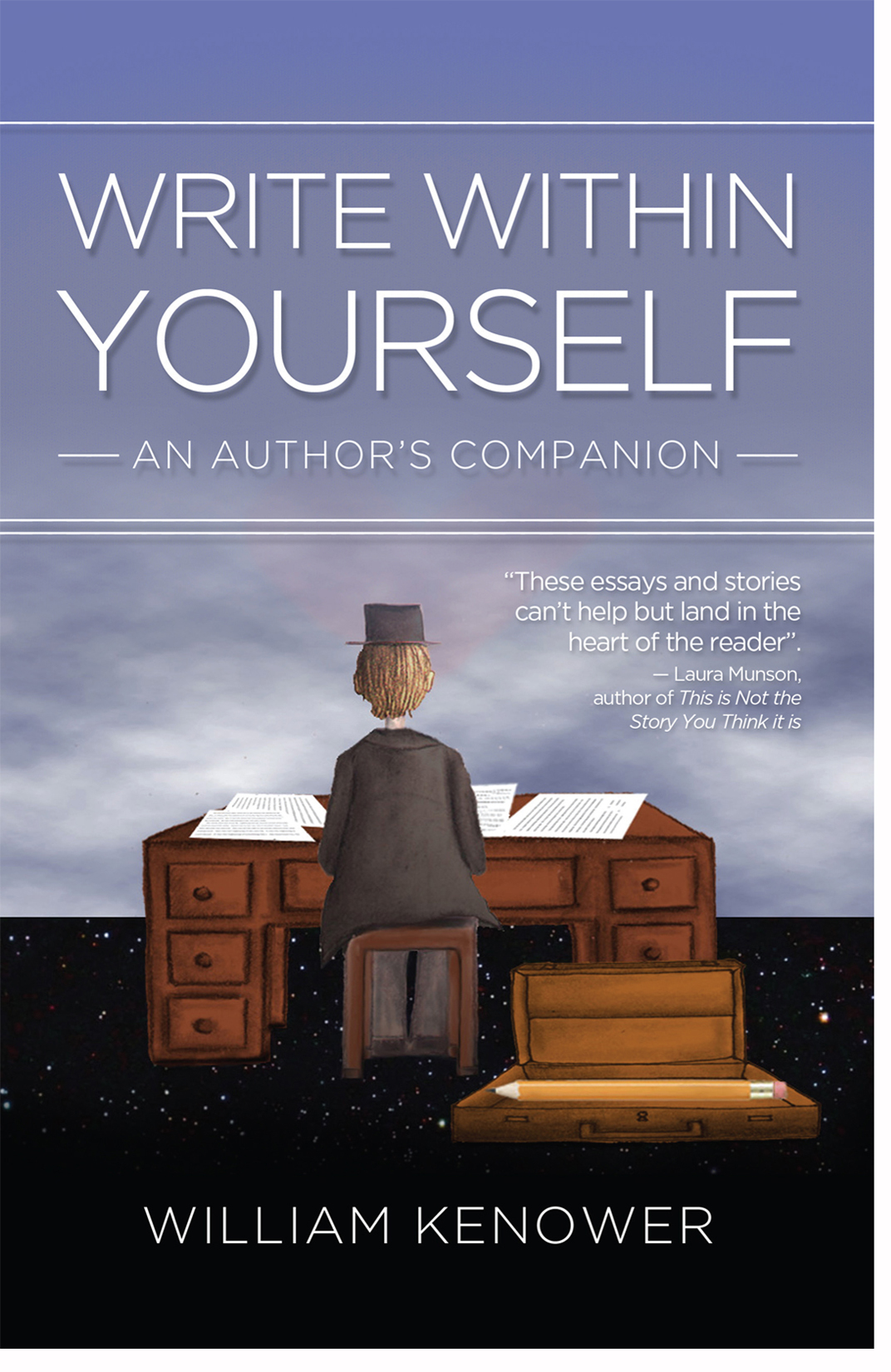Every Writer Is Their Own Lawyer
I interview writers of all genres for Author magazine and Author2Author. If I wanted to, however, I could devote an entire magazine to interviews with writers who are or who have been lawyers. More lawyers migrate from their profession to book-writing than from any other profession – more than doctors, or teachers, or even journalists, strangely. I admit that I found this a little irritating at first. Must these life-long A Students be good at absolutely everything? Gradually, however, I understood that the overlap between writers and lawyers had less to do with achievement and far more to do with stories. Lawyers are storytellers. One lawyer looks at the facts and says, “These facts show that the accused is innocent.” Another lawyer looks at those same facts and says, “These facts show that the accused is guilty.” Same facts, different story. Of course, depending on the story the lawyer is telling, they will choose to focus on some facts more than others; they might even choose to omit certain facts altogether. Such is storytelling.
It is useful sometimes to think of myself as a lawyer and my readers as the jury. You have perhaps heard that a writer should “show and not tell.” It’s true. I build my case, so to speak, by showing my hero saving a cat stranded in a tree so that my readers might reach the verdict that he’s a good guy. If I were to simply tell them the hero’s a good guy, they would have to trust me. By showing them and allowing them to make their own conclusions, I am asking my readers to trust themselves.
Once I am done telling my story, I remain a lawyer of sorts. Lawyers are hired to tell the story the client wants them to tell. If I were accused of some crime, I would hire a lawyer to look at the facts and tell the story of my innocence. To share a story I have written with the reading world is to subject myself to a snowstorm of facts: acceptance and rejection letters, advances, reviews, Amazon rankings, and bestseller lists. At such times I require my inner lawyer to maintain a story of my innocence.
Facts, after all, can tell many different stories, including the story of my guilt. It is possible to look at the facts and find myself accused of the crime of having written a boring book, or an irrelevant book, or simply a bad book. Judgment for such crimes is often swift and severe. The guilty are condemned to a life sentence without parole, for the talentless have no place in creative society.
I have started many such prison terms in my writing life, but my inner lawyer has always come to my rescue. He’s so reassuring. He has absolutely no doubt whatsoever of my innocence. Strangely, he doesn’t even want to talk to me about facts. He tells me to forget about the facts until I remember my innocence. He reminds me that a writer must tell the story he most wants to tell. The writer cannot let himself be imprisoned by convention, or the market, or some unwritten law about what is good and what is bad. He cannot write a single word until he is free. The page is blank for a reason.
I do love this lawyer of mine. Once I’m out of prison, he says, “Leave the facts to me, will you. Just get back to work.” Which I always do. Now that my conscience is clean I can return to the page, ready to trust my readers with a story of an innocent world.
Write Within Yourself: An Author's Companion.
"A book to keep nearby whenever your writer's spirit needs feeding." Deb Caletti.
You can find Bill at: williamkenower.com


